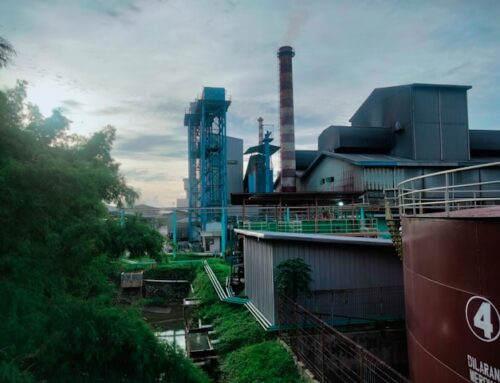Seminar ini membahas dua studi empiris baru mengenai korupsi dan pertumbuhan ekonomi di tingkat daerah di Indonesia (abstrak di bagian bawah). Studi pertama menganalisis faktor-faktor ekonomi dan politik yang memengaruhi korupsi di daerah, serta menunjukkan penyebaran hasil koroupsi dan dampak inisiatif anti-korupsi antar daerah. Studi kedua meneliti dampak negatif korupsi terhadap pertumbuhan ekonomi daerah, termasuk efek spasial terhadap daerah tetangga. Hasilnya menegaskan bahwa korupsi menghambat pertumbuhan dan tidak dimediasi oleh faktor seperti pendidikan atau infrastruktur.
Sejak Reformasi, pemerintah daerah merupakan penyedia layanan publik utama di Indonesia. Oleh karena itu, kebijakan anti-korupsi yang efektif dan terkoordinasi antara daerah sangat penting untuk pertumbuhan ekonomi yang berkelanjutan di daerah.
Pembicara: Zuhairan Yunmi Yunan (UIN Syarif Hidayatullah Jakarta)
Kamis, 19 Juni 2025 jam 09.00-10.30 WIB (daring dalam Bahasa Indonesia)
Register: bit.ly/fkp0619
Paper 1. Yunan, Z. Y., Freyens, B., & Vidyattama, Y. (2025). The determinants of corruption: empirical evidence from Indonesia at the sub-national level. Journal of the Asia Pacific Economy, 1–22. https://doi.org/10.1080/13547860.2024.2447676
This paper employed empirical models and judicial corruption reports to analyse Indonesian corruption. Economic, social demographic, infrastructural, and political variables may influence corruption in Indonesia. A dynamic panel regression model was used to a district-level panel dataset for specified variables from 2004 to 2014. Results indicated that economic and political variables most affected corruption. Additionally, regional study of neighbouring locations showed that corruption eradication initiatives spread. This study indicates that the number of cases prosecuted might also indicate court system progress. When temporal autocorrelation was included to the model, earlier corruption experience boosted present corruption cases.
Paper 2. Yunan, Z. Y., Freyens, B., & Vidyattama, Y. (2025). Corruption and Indonesia’s regional economic performance. Bulletin of Indonesian Economic Studies, 1–55. https://doi.org/10.1080/00074918.2024.2437826
Whether corruption supports or hampers economic growth is a vexed theme in development research, particularly at the sub-national level where research is scant. This paper uses corruption data from court reports to analyse how corruption affects economic performance at the sub-national level in Indonesia. The regression models use dynamic panel estimation incorporating spatial dependence, and dealing with endogeneity and omitted variables. We find a consistent negative effect of corruption on regional growth across all specifications. Spatial effects reveal the influence of neighbouring districts’ growth, which amplifies the negative impact of corruption. Evaluating potential pathways of corruption indicates government size, poverty, education, and infrastructure do not significantly mediate corruption at the sub-national level. The policy implication is that anti-corruption efforts need not only be targeted but also well-coordinated: merely maintaining the level of government service or provision of infrastructure does not address the negative consequence of corruption on regional economic growth.





Leave A Comment